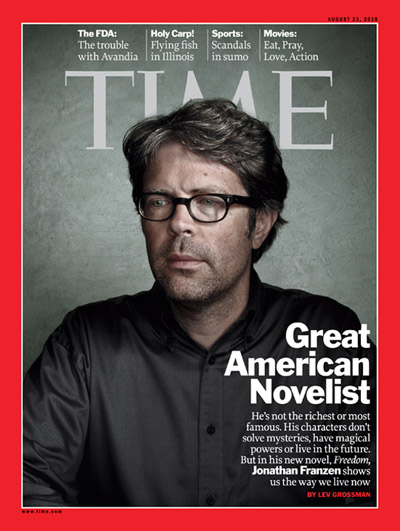httpv://www.youtube.com/watch?v=BhHODhTIvgo&ob=av2e
Rolling Stones, “It’s only Rock ‘n’ Roll,” Top of the Pops, 1974 (It’s still the pre-video age, but this segment is famous for its production, even for a Top of the Pops feature) Previous posts on Frye ‘n’ Rock ‘n’ Roll here and here.
Here is a much more complete collection of Frye’s references to rock & roll.
Literature, as ordinarily conceived, is so small and specialized a part of one’s reading that we forget how much of our total verbal experience is untouched by it. For many a student in grade eight whose verbal experience is centred on television, The Lady of the Lake may be a pretty meaningless collection of words, something that those unaccountable adults, for whatever reasons of their own, think he should read. The way out of this is not to try to choose the kind of literature that can compete with the appeal of television—no such literature exists. But the teacher should understand that teaching literature means dealing with the total verbal experience of students. The points of contact between literary and subliterary experiences should be kept in mind; obviously the same forms of comedy and romance and irony that appear in literature also turn up in television drama or rock ballads. I am not saying that a teacher should be constantly pointing such resemblances out, only that they are occasionally useful. Far more important, however, is the fact that students are being steadily got at by a rival mythology determined to capture their imaginations for its own purposes, armed with far more skill, authority, and prestige than any teacher has. This is why I think students should be encouraged to become aware of the extent to which they are being conditioned by the mass media, as a central part of their literary training. Some of them have reacted with a general hatred and contempt for everything their society produces, but that, of course, is quite as dependent on conditioned reflex as anything it revolts against. Besides, it does not distinguish between genuine and false forms of social mythology. What is absurd about growing up absurd is adjustment mythology, not society itself. (On Teaching Literature, CW 7, 449)
Coming to point (crazy Oedipus) where we can’t afford supremacy of ideology any more: let’s have a war and smash that guy’s ideology. Primary concerns must become primary. (Leads directly to authority of poet, but not in this paper.)
Feeling that this is so led in sixties to revival of ecstatic metaphor: drugs, yoga, Zen, folk singers, rock music (Woodstock) would bring in a new conception of community. Revitalized tribal culture in McLuhan. (CW 6, 599)
Continue reading →
